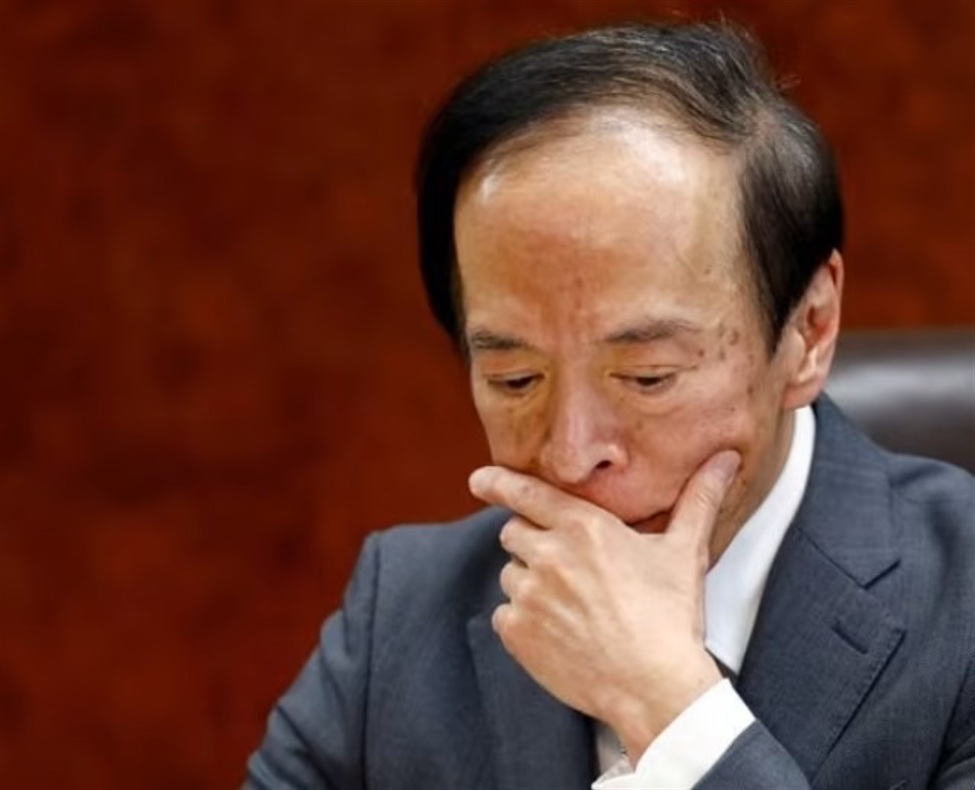Bank of Japan Governor Kazuo Ueda revealed varied opinions among bond market players on the pace of bond tapering beyond 2026, shedding light on the central bank’s policy challenges amid market volatility.
More from Ueda: Various opinions on desirable pace of BOJ’s bond taper

Key Takeaways:
- Diverse Opinions on Bond Tapering Beyond 2026
- Majority Support Continuation of Current Tapering Plan
- Emphasis on Flexibility and Predictability in Policy
- Ueda Questions Report’s Central Message
- Yield Volatility Sparks Calls to Slow Tapering
Varied Views on Bond Tapering Pace
Bank of Japan (BOJ) Governor Kazuo Ueda shared insights from the minutes of the BOJ’s meeting with bond market players, highlighting that there were “various opinions on the desirable pace of BOJ’s bond taper beyond April 2026.” This diversity of views underscores the challenges the central bank faces as it considers its long-term policy trajectory.
Support for Current Plan and Key Considerations
The minutes revealed that “there were only few who wanted to tweak the existing bond-taper plan,” indicating a general consensus to maintain the current approach. Many participants emphasized the importance of continuing bond tapering while “striking a balance between flexibility and predictability,” suggesting that while adjustments may be necessary, they should not come at the expense of market stability.
Ueda Responds to Report’s Central Message
Governor Ueda addressed a recent report, “questioning its central message.” While details of the report were not specified, his response suggests a need to clarify the BOJ’s position and communication with the public and markets to avoid misunderstandings.
Yield Volatility and External Pressures
Amid these discussions, the BOJ “faces calls to slow taper beyond 2026 amid yield volatility concerns.” Market participants are expressing apprehension that a rapid tapering could exacerbate fluctuations in bond yields, potentially unsettling financial markets.
Japan’s Moderate Economic Recovery
In earlier remarks, Ueda noted that the “Japan economy [is] moderately recovering.” This economic context provides a backdrop for the BOJ’s policy considerations, as a strengthening economy might support continued tapering while necessitating caution to avoid disrupting growth.
Market Impact on the Yen
The governor’s comments have had immediate effects on currency markets. It was reported that “Bank of Japan Governor Ueda comment has slammed the yen lower,” indicating that his remarks influenced investor perceptions and trading behavior, resulting in a weaker yen.
Conclusion
Governor Ueda’s disclosures highlight the complex deliberations within the BOJ regarding its bond tapering strategy beyond 2026. Balancing diverse opinions, market stability, and economic recovery will be crucial as the central bank navigates its future policy path amid external pressures and market reactions.
Your goal is to maintain the integrity of the original information while improving its presentation for TIME Magazine’s audience. Do not include any information that is not explicitly stated in or directly implied by the original news feed content.











